General Chemistry 1 Review Tips
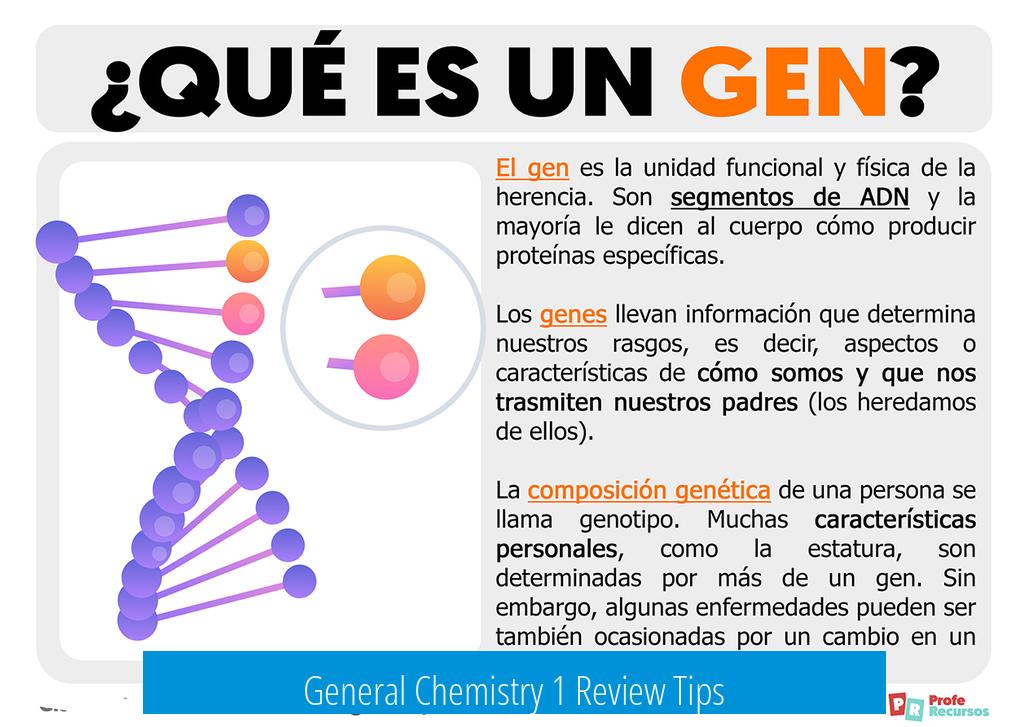
Success in General Chemistry 1 hinges on strategic study habits that focus on key concepts, active learning, and consistent effort. The following tips help students organize preparation and improve understanding for exams and coursework.
1. Understand Electrons
Chemistry studies matter through atoms and molecules, focusing mostly on how electrons behave and interact. Electrons govern chemical reactions and bonding. Instead of memorizing facts, grasp how electrons move, pair, or transfer. This foundational knowledge simplifies complex topics.
Consider electron configurations, the octet rule, and how electrons form bonds. These concepts recur across many chapters. Understanding electrons reduces the need to memorize isolated details.
2. Read Material Before Lecture
Reading textbook chapters before attending lecture gives a significant advantage. Students who prepare by reading absorb concepts faster and understand professor explanations more clearly. Surprisingly, many avoid this step, which widens the performance gap.
Preview key topics such as atomic structure, chemical formulas, and reaction types. This primes your mind to link lecture content to textbook details, resulting in better retention.
3. Attend Every Class

Regular attendance is crucial, even if professors do not take roll call. Missing lectures and labs causes gaps that rapidly accumulate. Active participation during class invites questions and clarifications.
In unavoidable absence, notify your professor and obtain notes from classmates. Some institutions allow attending sessions from different instructors to catch up. Staying current prevents falling behind.
4. Organize and Supplement Notes
After each class, promptly review and organize your notes. Integrate textbook readings, example problems, or diagrams to fill in gaps. Paraphrasing content in your own words enhances comprehension and recall.
Maintaining neat, well-structured notes creates a reliable study resource. Use headings, bullet points, and highlight crucial formulas or definitions.
5. Take and Create Practice Exams
Practice tests increase exam performance by simulating test conditions and reinforcing problem-solving skills. If official practice exams are unavailable, search online or develop your own from homework and lecture examples.
The American Chemical Society provides free practice exams with video solutions for General Chemistry 1. These resources offer valuable step-by-step explanations. Familiarize yourself with their format and question types.
6. Study Daily in Small Sessions
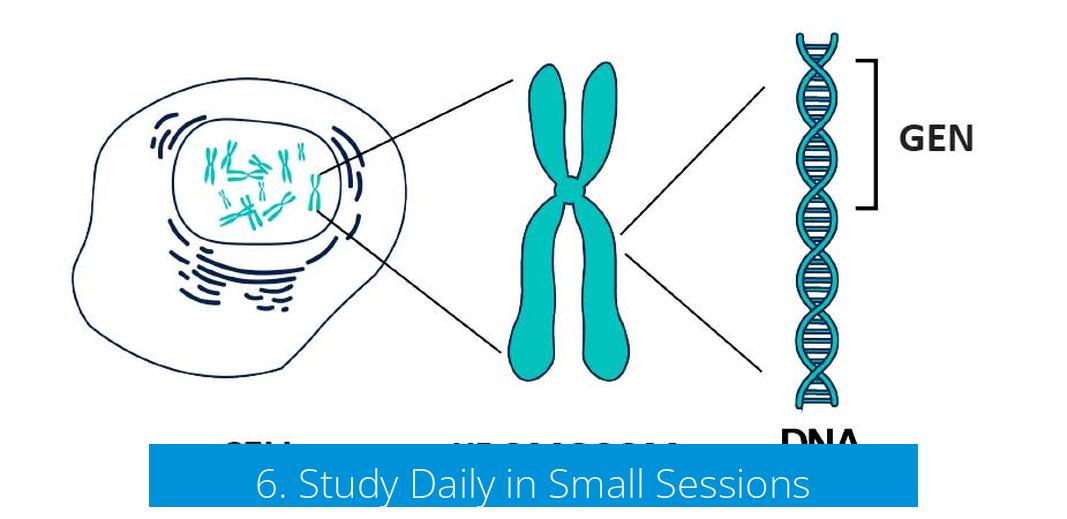
Consistent daily study beats occasional marathon sessions. Even brief periods of 10 to 15 minutes reinforce concepts and prevent last-minute cramming.
Employ quick tools like flashcards for terminology or formulas. Alternate between reading, solving problems, and reviewing notes. This steady approach improves long-term retention.
7. Join a Study Group
Collaborating in study groups boosts learning by exposing students to different perspectives and explanations. Regular meetings curtail procrastination and promote accountability.
- Discuss challenging topics and clarify doubts.
- Teach peers to strengthen your own understanding.
- Share resources and study strategies.
Research confirms group study enhances comprehension speed and fills knowledge gaps effectively.
8. Practice Extensive Chemistry Problems
Homework assignments develop problem-solving skills essential for exams. Completing all problems is necessary but not always sufficient.
Enhance problem-solving by working extra questions. Use study groups to tackle especially difficult problems collaboratively. Record challenging exercises and revisit them for thorough practice.
9. Identify and Address Areas of Confusion
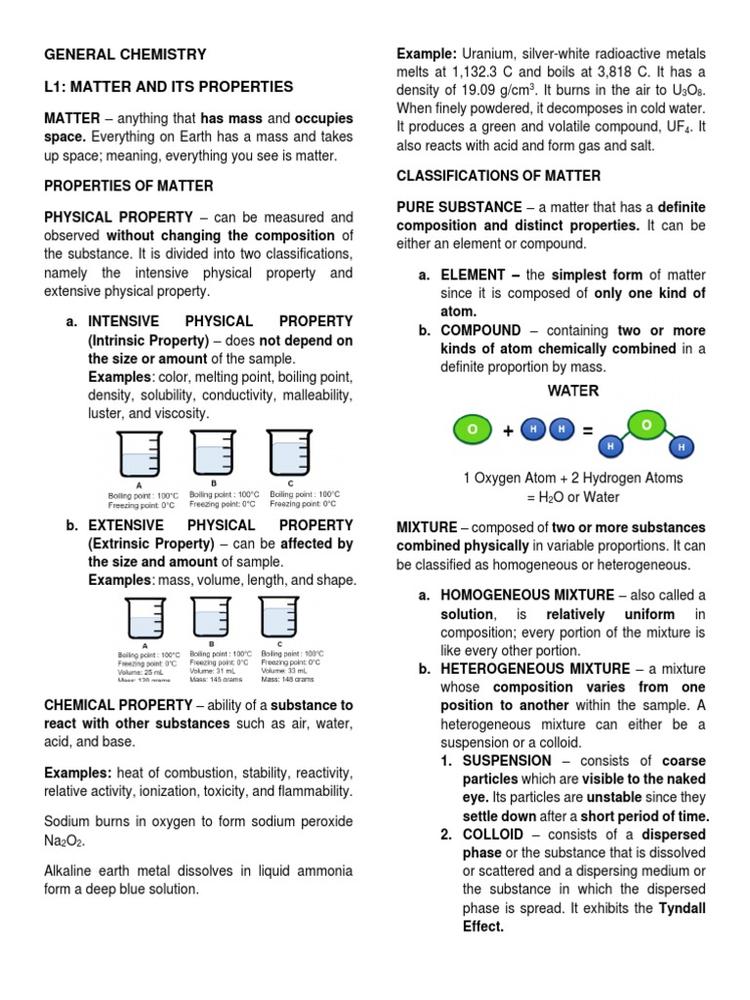
When a concept or problem feels unclear, act immediately. Search for supplemental explanations online; many detailed video tutorials exist.
Bring unresolved questions to your study group or professor during office hours. Most instructors welcome students who proactively seek help, improving understanding and exam readiness.
10. Prioritize Important Over Difficult Topics
Some chemistry concepts are challenging but less critical for exams or practical applications. Don’t waste excessive time on obscure material when more central topics deserve focus.
Distinguish between:
| Important Topics | May Be Difficult | Less Important Topics |
|---|---|---|
| Molarity and molality | Complex stoichiometry problems | Rare exceptions or side reactions |
| Stoichiometry fundamentals | Advanced electron configurations | Advanced spectroscopy details |
Consult with your professor to confirm high-yield content. Target study efforts where they count most.
Additional Helpful Tips
- Sit in on extra lectures for reinforcement without participating.
- Use online resources like ChemLibreText and Professor Dave Explains on YouTube.
- Regularly review core topics such as molarity, molality, stoichiometry, and balancing chemical equations.
Key Takeaways
- Focus on understanding electrons and chemical interactions.
- Read ahead and attend every class session without fail.
- Organize notes and supplement with textbook and example problems.
- Use practice exams and solve additional problems to build skills.
- Study daily in short bursts and join a study group.
- Address confusion quickly through online resources and professors.
- Distinguish between important and difficult topics; focus study time wisely.
- Utilize online platforms for additional explanations and practice.
Mastering Gen Chem 1 Review Tips: Your Ultimate Guide to Chemistry Success
Want to ace your General Chemistry 1 class? Here’s a truth bomb: understanding electrons, showing up prepared, practicing daily, and using smart study strategies can turbocharge your grades. Let’s break down these game-changing tips so you don’t just survive Gen Chem 1 — you thrive!
Why do so many students struggle with General Chemistry 1? It’s because chemistry feels like a mashup of confusing formulas and mind-boggling reactions. But when you zoom in on the right things, success becomes way more manageable. So roll up your sleeves — we’re diving deep but keeping it clear.
Understand Electrons: The Heartbeat of Chemistry
First thing first: chemistry is the study of matter, specifically atoms and molecules and how they interact. But what’s the real magic? Electrons. Yep, those tiny negatively charged particles hold all the secrets.
Think about this: If you get electrons, how many there are, where they hang out, and what they’re up to, you’ll cut your memorization load drastically. Instead of mindlessly memorizing reactions, you understand the “why” behind them. That’s a major win for your brain and your study time.
For example, electrons determine chemical bonds and molecule shapes—understanding these concepts lets you predict reactions rather than recall them blindly. So before you dive into stoichiometry or kinetics, get comfy with electrons. It’s your chemistry GPS.
Read Before the Lecture: The Secret Weapon of Top Students
Shockingly, most college students skip the reading before class. Don’t be “most students.” Research shows only about 10% of General Chemistry students who read ahead make the grade of A.
Reading before lecture is a cheat code. When the professor dives into complex material, it won’t feel brand new. You’ll recognize terms and flow with the lesson instead of drowning in information overload.
Imagine showing up to class knowing what’s coming next—talk about confidence booster! Plus, this prep time means fewer late-night cramming sessions. So hit those chapter pages before you step into class: it pays off.
Go to Class. Every… Single… Class.
This one might sound obvious, but you’d be amazed how many students skip classes when attendance isn’t mandatory. Don’t be that student!
Each lecture and lab builds on the last. Missing one means gaps in your knowledge. Even if your professor never checks attendance, going to class matters a ton for your grades. It’s your fast-track ticket to understanding tricky concepts and getting insider tips.
If you absolutely must miss a class, be professional—email your professor, grab notes from classmates, or attend a different section’s lecture if possible. Staying current means less stress when exam season rolls around.
Organize Your Notes: Don’t Let Your Brain Play Hide and Seek
After class, spend time organizing and reviewing your notes. Don’t just shove them in your backpack and hope for the best.
Cross-reference your notes with the textbook. Fill in any missing info. Rewrite ideas in your own words to make them click. Adding example problems or diagrams can turn dry notes into your secret weapon.
This final polish stage creates a clear study guide personalized for you. Your brain will thank you when midterms hit.
Take Practice Exams Often — Make Mistakes Before the Big Day
Practicing under test-like conditions is proven to boost exam scores. If your professor doesn’t hand out practice exams, hunt them down online or create your own.
A goldmine resource comes from the American Chemical Society (ACS). They offer official practice exams for General Chemistry 1 and 2, complete with step-by-step video solutions. These are like having a tutor available 24/7!
Making your own practice tests is powerful too. Writing questions forces you to think deeply about material. It’s one of those “work smarter, not harder” tactics.
Study Every Day: Even 10 Minutes is Better Than Zero
Life gets busy. We get it. But one huge strategy top students swear by is consistent daily study.
Even if it’s just 10-15 minutes, daily review keeps your brain fresh on chemistry concepts. Flash cards, short problem sets, or note review work great here.
Regular study prevents cramming panic and helps information move from short-term to long-term memory. Think of it as feeding your chemistry brain small, healthy snacks every day instead of bingeing junk food once a week.
Join a Study Group: Chemistry’s Social Secret Sauce
Studying alone can feel lonely and confusing. Joining a study group changes everything.
Research proves that students learn faster and fill knowledge gaps better in groups. Different angles from peers clarify tough concepts.
Helping others explain topics to you actually deepens your mastery. It’s like unlocking another level in the game of chemistry.
Plus, study groups keep you accountable, limiting the temptation to procrastinate.
Practice Solving Chemistry Problems: Homework is Just the Starting Line
Your homework isn’t a punishment—it’s your practice arena. Doing every assigned problem is non-negotiable for success.
But don’t stop there. Take extra problems, especially ones in your textbook or found online, and tackle them with your study group.
If a problem trips you up during the week, save it. Snap a pic, jot it down, and bring it to group sessions. Active problem solving cements your understanding far better than passively reading solutions.
Pinpoint Areas of Confusion: Don’t Let Questions Pile Up
Stuck on a concept or a problem? Don’t sit quietly hoping it’ll magically make sense.
First, consult online resources. Platforms like YouTube feature excellent chemistry channels such as Professor Dave Explains. His videos make tough topics approachable, plus he throws in review questions to test yourself.
Next, bring confusing topics to your study group for discussion. Fresh perspectives can untangle confusing ideas quickly.
Finally, leverage your professor’s office hours. Most instructors love helping engaged students and can clarify tricky points efficiently.
Important vs. Difficult: Where to Focus Your Hard Work
Not all difficult problems deserve equal time. Chemistry has challenging concepts, but some are more critical than others.
Distinguishing between important and purely difficult topics saves precious study time. Spend effort on foundational ideas that appear repeatedly on exams, not on every tough problem you come across.
When in doubt, ask your professor or study group about which topics are exam priorities. Getting this right helps you study smart, not just hard.
Bonus Tips: Leveraging Online Resources and Lecture Opportunities
- Feeling stuck? Visit ChemLibre Textbook for free, quality chemistry readings.
- Watch YouTube channels like Professor Dave Explains for clear topic reviews and practice questions.
- Can’t attend your class or need extra exposure? Sit in on other lectures at your university. Taking notes here can reinforce concepts without pressure.
- Focus your review on key topics: molarity, molality, stoichiometry, and balancing chemical reactions. These are your foundation stones.
Summary: Your Chemistry Success Routine
To conquer General Chemistry 1, focus on understanding electrons, read before lectures, attend every class, organize notes, take practice exams, study daily, join study groups, solve extra problems, clarify confusion quickly, and prioritize important concepts.
This strategy is more than just study tips — it’s a comprehensive, practical roadmap. Trust it, and your chemistry class might just become your favorite science adventure instead of a dreaded chore.
Remember, chemistry isn’t about memorizing endless facts. It’s about thinking like a chemist — understanding matter and its behavior. When you do that, the exam stops being a mystery and starts being a challenge you’re ready to meet.
Ready to start? Grab your notebook, find a study buddy, and dive into those electrons!
Q1: Why is focusing on electrons important in Gen Chem 1 review?
Electrons determine how atoms and molecules interact. Understanding their behavior reduces the need to memorize unrelated facts. This approach simplifies studying and helps grasp key concepts faster.
Q2: How can reading before lecture improve my General Chemistry grade?
Reading before class helps you follow the lecture more easily. It prepares you for new material and puts you ahead of students who don’t preview topics. This habit increases your chances of earning higher grades.
Q3: What is the best way to organize my chemistry notes after class?
Review and add details from the textbook. Rewrite notes in your own words and include example problems. Organized notes clarify concepts and make studying more efficient before exams.
Q4: How can I use study groups effectively in Gen Chem 1?
Active study groups prevent procrastination and expose you to different problem-solving methods. Bring tough questions to the group to gain diverse insights and solidify your understanding by teaching others.
Q5: How do I balance studying difficult topics versus important topics in chemistry?
Focus your time on topics vital for exams and class success. Some difficult topics may not be critical. If unsure, ask your professor to avoid wasting study time on less relevant material.


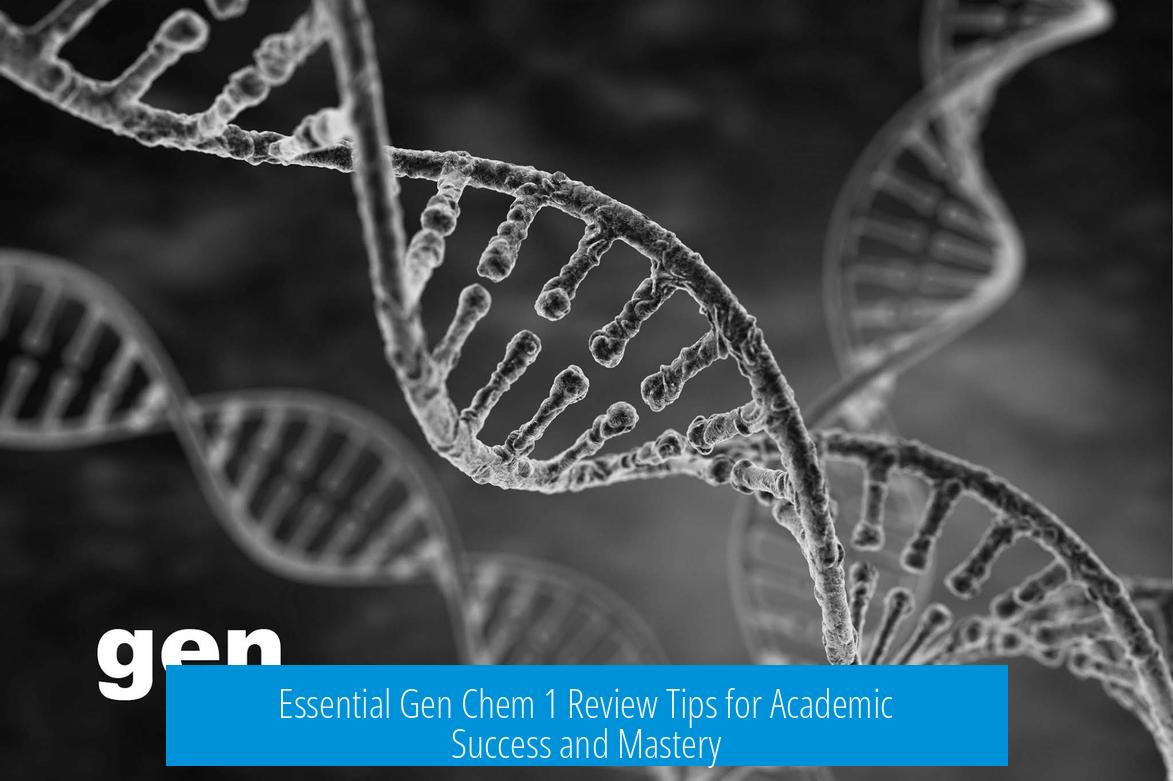
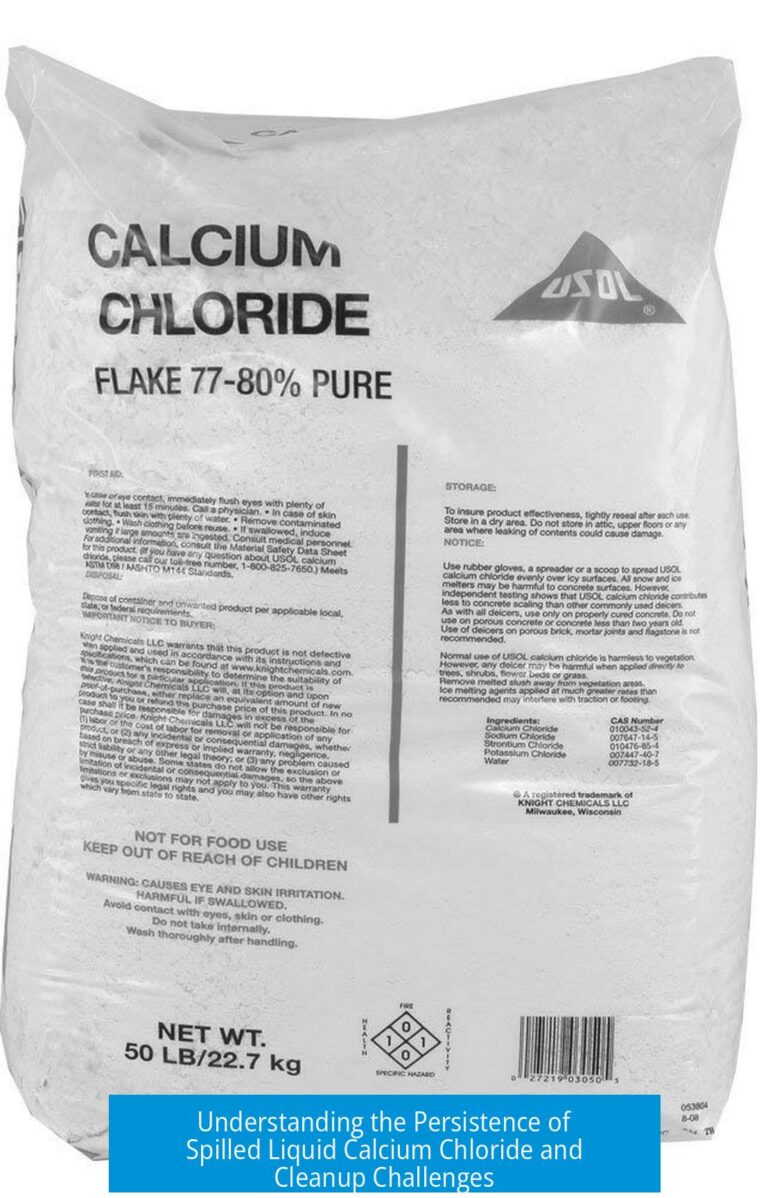

Leave a Comment